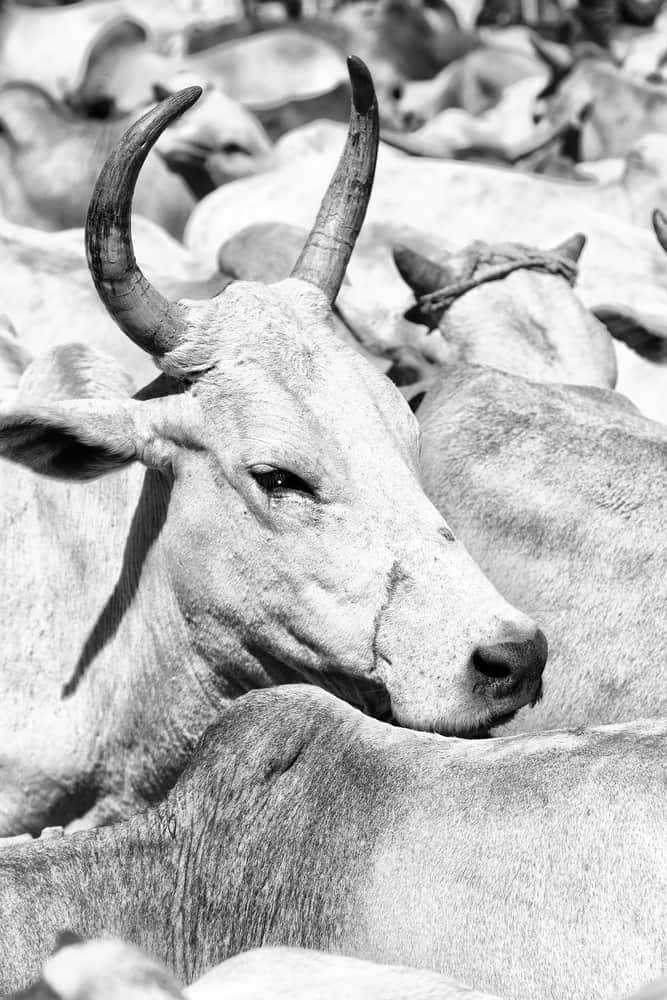A team of scientists from the Universities of Bath and Sheffield in the UK found out that intensive farming with overuse of antibiotics, high animal numbers and low genetic diversity increases the likelihood that pathogens may become a public health risk.
The researchers investigated the evolution of Campylobacter jejuni, a bacterium carried by cattle which is the leading cause of gastroenteritis in high income countries. They found that cattle-specific strains of the bacterium emerged at the same time as a dramatic rise in cattle numbers in the 20th Century. Changes in cattle diet might have triggered gene transfers, which helped the vacterium to cross the species barrier and infect humans.
Such bacteria that get the ability to infect humans can infect many people around the globe via agricultural products trade networks. And this may spur epidemics. Professor Sam Sheppard from the Milner Centre for Evolution at the University of Bath, said: “There are an estimated 1.5 billion cattle on Earth, each producing around 30 kg of manure each day; if roughly 20 per cent of these are carrying Campylobacter, that amounts to a huge potential public health risk. Over the past few decades, there have been several viruses and pathogenic bacteria that have switched species from wild animals to humans: HIV started in monkeys; H5N1 came from birds; now Covid-19 is suspected to have come from bats”.
“I think this is a wake-up call to be more responsible about farming methods, so we can reduce the risk of outbreaks of problematic pathogens in the future”, says Sheppard.
Source: sciencedaily.com

